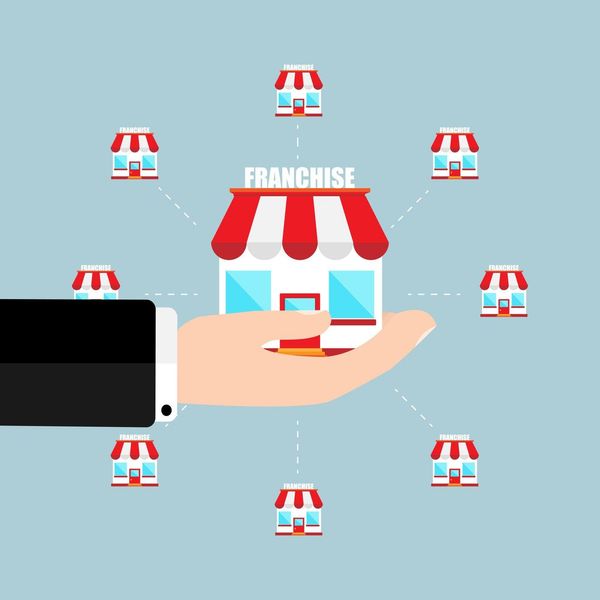
What Franchise Payments Should Franchisees Expect to Pay?
When you own a franchise, there are several one-time and ongoing payments you will be responsible for. The Federal Trade Commission (FTC) requires franchisors to list these fees in the franchise agreement.
9 payments franchisees should expect to pay
1. Initial franchise fee
This fee is paid to the franchisor for the right to use the franchisor's trademark and sell its products and/or services. The franchisor has established an operational system and created brand awareness. In return, franchisors request the franchise fee, which can range from a under $10,000 to upwards of $100,000.
2. Legal and accounting fees
Accountants need to review a franchisor's financial statements, while attorneys need to review your franchise agreements to create a corporation, LLC, or other legal entity for your franchise, if necessary.
3. Property/casualty, liability, and other insurance
To get an idea of how much insurance will cost, send a copy of the franchisor's insurance requirements, which are listed in the Franchise Disclosure Document (FDD), to your insurance brokers for rate quotes. If you have employees, you may have to offer life and disability insurance and other employee benefits, such as retirement plans.
4. Employee salaries
It can take two to three years to make a profit, so in the planning phases you will have to factor in how much you will need for employees' salaries.
5. Building/outfitting costs
The costs of building/outfitting stores vary widely based on the type of business you are opening. Obviously, if you have to build a store from the ground up, the costs will be significantly more. Most often you will only be outfitting an existing location to meet your franchisor's specifications. You will need fixtures and equipment, furniture/seating, lighting, ventilation, décor, signage, and restrooms.
More articles from AllBusiness.com:
- 10 Key Things to Consider When Evaluating a Franchise Opportunity
- Shark Tank Exposed: Why Sharks Ask for Royalties and Loans
- How to Become a Licensing Agent: Generating Wealth through Licensing
- 40 Reasons to Buy a Franchise
- 10 Signs of a Great Franchise Opportunity
6. Rent and security deposits
These fees are for your landlord if you lease space for your business.
7. Equipment/software upgrades
Some franchisors require planned equipment and software upgrades.
8. Royalties
Royalties are paid on a regular basis, usually monthly, to the franchisor by the franchisee. The fee constitutes anywhere from 4 to 8% of a franchisee's total sales.
9. Advertising fees
Many franchisors require franchisees to contribute to an advertising fund, which pays for national and/or local ad campaigns, commercials, and other promotions. Other franchisors have co-op programs where the franchisor pays for a portion of the costs and the franchisee pays for the rest on a case-by-case basis.
Understanding franchise payments is part of the franchise research process
Finding out all the payments associated with owning a franchise—upfront and ongoing—is essential to knowing whether a specific franchise opportunity is right for you.
RELATED: Want to Start a Business? Maybe You Should Buy a Franchise



